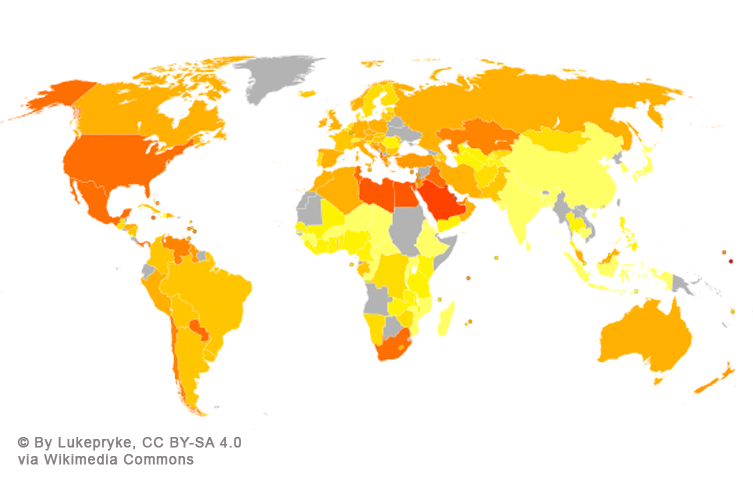“You’re exploding!”: Sizeism among Iranian Americans in the Diaspora

Darya, a 35-year-old PhD student in Florida who was born in Iran, shares a painful memory with me. At a New Year’s party, after she hadn’t seen her cousin in Tehran for three years and after an accident that had her gaining weight, “instead of saying hi and how are you doing,” Darya explains, “she tells me, ‘Darya you’re exploding!,’ or let me say it in Farsi, ‘Darya, Natereki!’” Darya responded by justifying her body: “I said, ‘yeah, I’m gaining weight but I will be okay soon.’” After the party, Darya was very upset that she didn’t defend herself; she didn’t want to upset her mother. As she told her mother, “I didn’t answer her [cousin] and next time, I’m…
